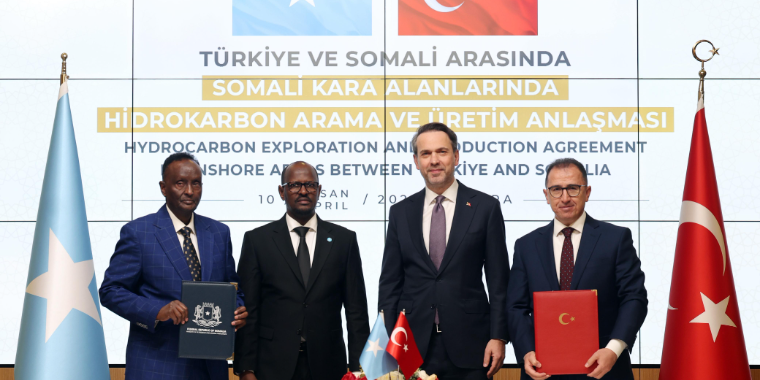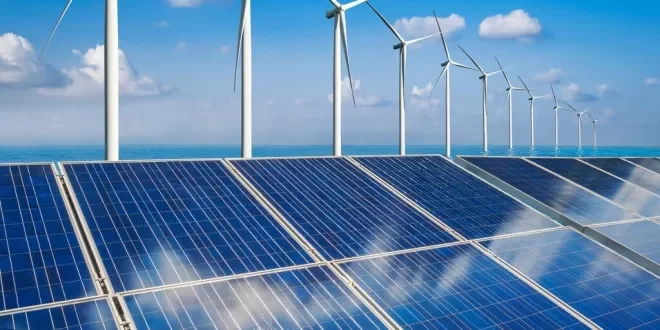Somalia has signed a sweeping energy agreement with Turkey, granting the country rights to 90% of oil and gas production under a long-term cooperation deal.
The agreement, signed in Istanbul on March 7, 2024, by energy ministers from both countries, was submitted to the Turkish Parliament for ratification on April 22 and has since been made public.
This deal marks a major expansion of Turkey’s strategic footprint in the Horn of Africa, aligning with Ankara’s broader “Africa Opening Strategy.” Somalia’s long coastline and vast, largely untapped reserves—estimated at 6 billion cubic meters of natural gas and up to 30 billion barrels of offshore oil—make it a key partner in Turkey’s energy ambitions.
Under the agreement, Turkish entities will receive 90% of the production from joint oil and gas operations, while Somalia will retain just 10%.
Turkey is not required to make any upfront payments and is exempt from standard industry obligations such as bonuses and administrative fees.
Turkey also has the right to recover up to 90% of annual output as cost petroleum before any profit-sharing occurs. Somalia’s earnings are further limited by a 5% royalty cap, which excludes oil used for operational purposes.
Turkish companies can export their share of production freely and keep 100% of the revenues from both domestic and international sales.
The agreement provides Turkish companies broad legal and operational advantages. They are allowed to transfer their interests to third parties without setting up local offices in Somalia.
Legal disputes will be resolved through international arbitration in Istanbul, and Turkey is permitted to provide its own security for operations, with the associated costs considered recoverable under the deal.
In a related development, a presidential decree has proposed the deployment of Turkish military and naval forces to Somalia for a two-year period starting in September 2025.
These forces will support counterterrorism efforts and secure offshore exploration. The Turkish research vessel Oruç Reis, escorted by five navy ships, is expected to commence seismic surveys and drilling operations later that year.
The deal will come into effect once both governments complete their internal legal procedures and formally notify each other via diplomatic channels.
![]()




